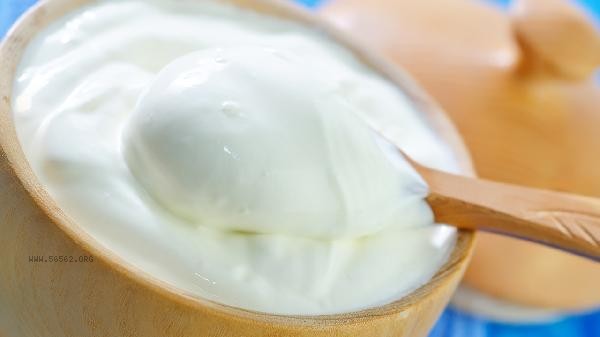Drinking yogurt after dinner generally does not directly lead to weight loss, but may help with weight management. Yogurt contains high-quality protein and probiotics. Moderate consumption can promote digestion and absorption, and increase satiety, but it should be combined with overall diet and exercise. Yogurt, as a low calorie and high nutrient food, contains whey protein and casein that can delay gastric emptying time and reduce nighttime hunger. If choosing sugar free or low sugar yogurt, it can avoid additional calorie intake. Meanwhile, the active lactic acid bacteria in yogurt help maintain the balance of gut microbiota, which may indirectly affect metabolic efficiency. But relying solely on drinking yogurt after meals cannot achieve weight loss effects, and it needs to be combined with daily calorie control. Some people may experience gastrointestinal discomfort or edema after drinking due to lactose intolerance or sensitivity to additives in yogurt, which can actually affect metabolism. High sugar flavored yogurt has a high calorie content, and if consumed with sufficient calories for dinner, it may increase the risk of excess energy. When nighttime activity decreases, excess calories are more easily converted into fat storage.

It is recommended to include yogurt as part of a healthy diet, prioritize sugar free and low-fat products, and control a single intake of 100-150 grams. Weight loss can be achieved by maintaining a long-term calorie deficit, which can be combined with moderate aerobic exercise such as brisk walking or swimming, while ensuring a balanced intake of vegetables, fruits, and whole grains. If there are metabolic diseases or digestive problems, a nutritionist should be consulted to develop a personalized plan.










Comments (0)
Leave a Comment
No comments yet
Be the first to share your thoughts!